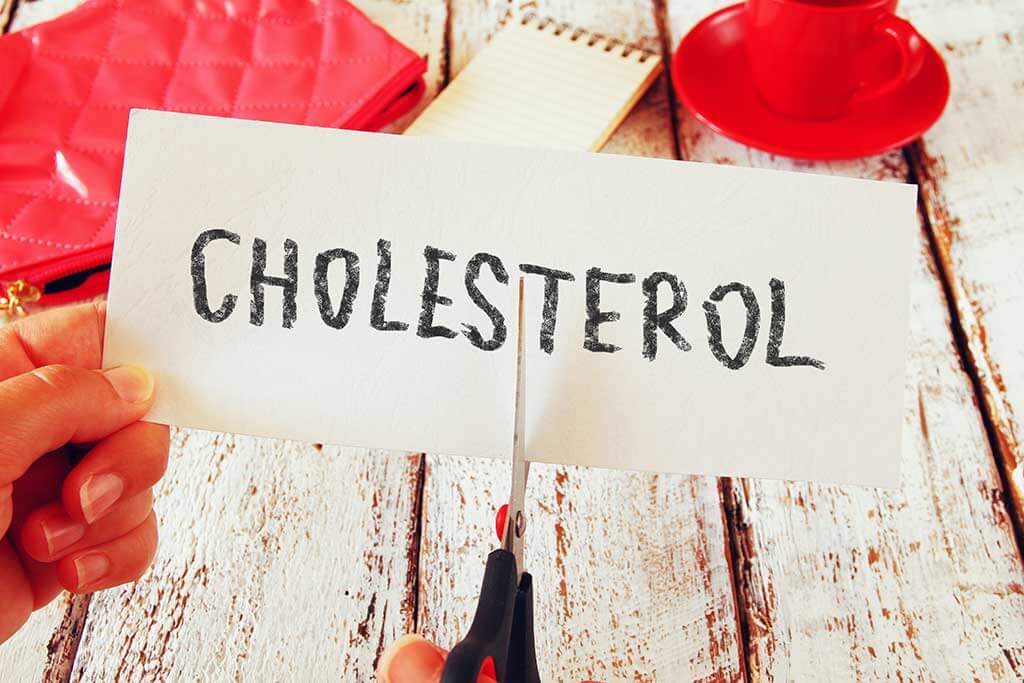Having high cholesterol levels isn’t just something that affects younger people; as people age, they often experience more health issues, making it even more important to know how to reduce cholesterol levels in the elderly effectively. There are plenty of easy methods at home to keep your cholesterol low and the heart healthy.
Quit Smoking
Cigarette smoke contains free radicals that lead to oxidative stress, which leads to high cholesterol levels. Not only can quitting reduce your blood pressure and lower your risk of heart disease, but it can also significantly reduce your chances of getting type 2 diabetes. So if you’re looking to lower your cholesterol levels, quitting smoking should be one of your first steps. But be careful! Quitting cold turkey isn’t recommended because nicotine withdrawal symptoms like fatigue and headaches can double or triple cravings for cigarettes.
Eat More Fruits and Vegetables
Studies have shown that eating a diet high in fruits and vegetables can help reduce cholesterol levels. If you eat a healthy, plant-based diet, you’ll also be reducing your risk of other diseases as well as helping protect your heart health. Aim to eat at least five servings of fruits and vegetables every day. Beans are an excellent source of protein and fiber, both of which have been shown to lower cholesterol levels. Eating beans daily has been shown to reduce LDL (bad) cholesterol by 8 percent—and that’s without any other lifestyle changes! Add one cup of beans into your weekly meal plan for a quick way to lower your cholesterol levels.
Get More Omega-3 Fatty Acids
One of the most important heart-healthy changes you can make to increase their intake of omega-3 fatty acids. Omega-3s, found in fish and certain plant oils, help keep cholesterol levels low by reducing inflammation, which can lead to heart disease. Making sure that your diet includes plenty of foods rich in omega-3s—such as salmon, walnuts, flaxseeds, or soybeans—can go a long way toward preventing health problems. And if you aren’t already taking an omega-3 supplement, be sure to ask your doctor about adding one to your daily routine.
Exercise
The most simple and effective way to reduce cholesterol levels is through exercise. Physical activity helps you maintain a healthy weight, burn calories, and even strengthen your heart. When it comes to cholesterol levels, a regular exercise routine has been shown to lower total cholesterol as well as LDL (bad) cholesterol while raising HDL (good) cholesterol. Plus, there are lots of other health benefits associated with exercise, including better blood pressure and body composition control. You don’t have to break a sweat—regular walking is an easy way to reduce your cholesterol levels over time.
Take Medication
According to a recent study, people who take certain cholesterol-lowering medications, such as statins and niacin, can cut their risk of cardiovascular disease by as much as 42 percent. If you have been diagnosed with heart disease, you should take medication as prescribed by their doctor. For those without a diagnosis but at risk for heart attack or stroke due to elevated cholesterol levels, doctors often prescribe a class of drugs called statins that work to keep cholesterol levels in check. A healthy diet is also essential when it comes to keeping high cholesterol levels in check.







